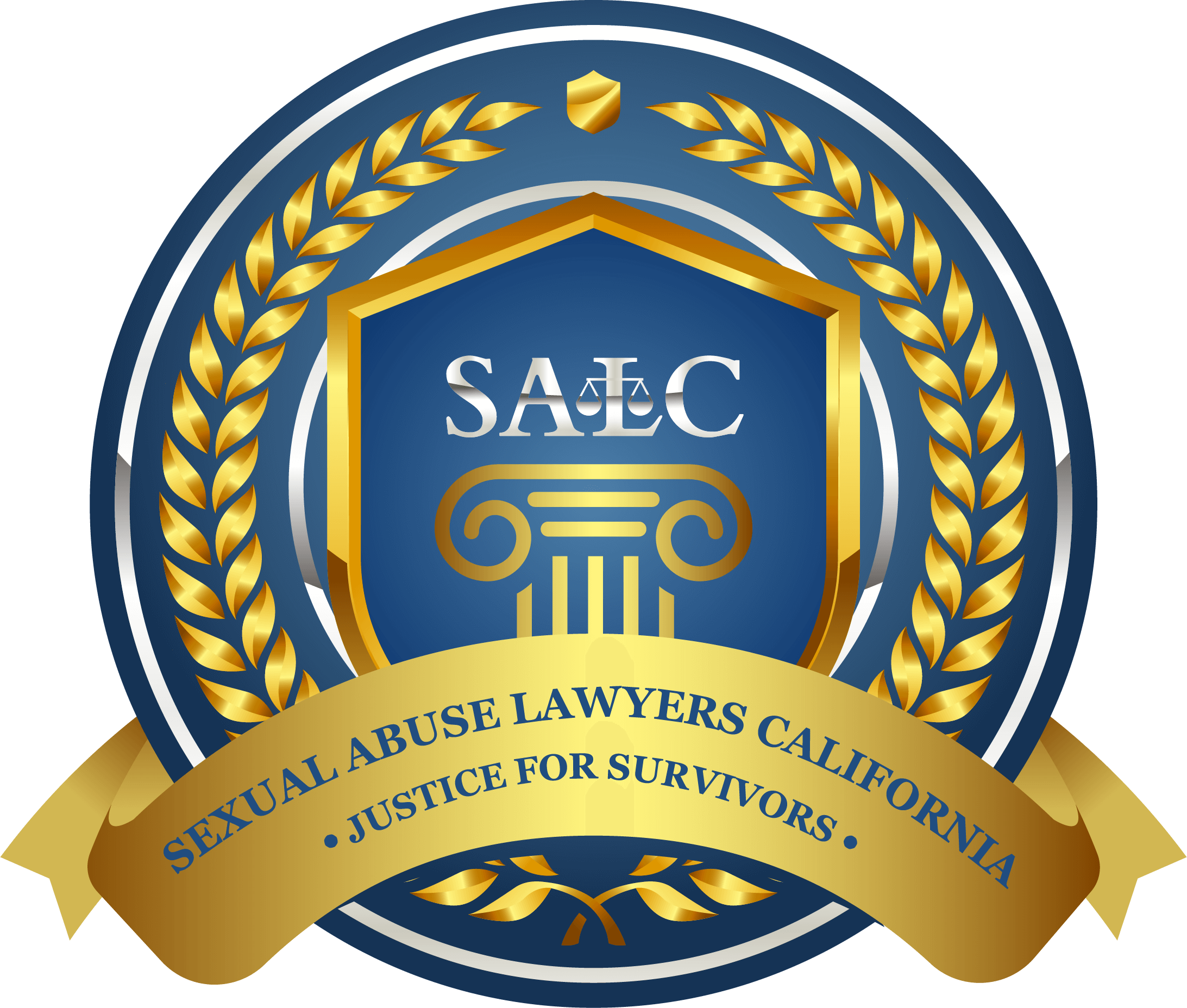Beginning Remarks
Sexual abuse in California hospitals, an often-overlooked crisis, presents a profound challenge for healthcare professionals. The prevalence of such incidents, ranging from inappropriate behavior to outright assault, casts a shadow over the sanctity of medical institutions. These occurrences not only violate the trust patients place in healthcare settings but also deeply affect the emotional well-being and professional responsibilities of hospital staff. As frontline responders, hospital employees frequently find themselves in complex situations, balancing patient care and legal obligations.
The involvement of a sexual assault attorney can become a necessary step, both for legal advice and for navigating the intricate implications of these incidents. Addressing this issue is not just a matter of legal compliance, but also a crucial step in fostering a safe and respectful environment for both patients and healthcare providers. Acknowledging and confronting sexual abuse in hospitals is imperative, and knowing where to turn for resources is the first step in this vital endeavor.
The Reality of Sexual Abuse in California Hospitals
The harsh reality of sexual abuse in California hospitals is both startling and deeply concerning. Recent studies indicate that a significant percentage of healthcare workers have either witnessed or been victims of sexual misconduct, with instances of doctor sexual assault being among the most alarming. These incidents range from inappropriate comments to physical assaults, occurring within various hospital settings.
For instance, a survey revealed that nearly 20% of nurses in California reported experiencing some form of sexual harassment or assault at work. Such statistics not only highlight the prevalence of this issue but also underscore the urgent need for action.
The impact of these experiences on hospital staff is profound. Victims often suffer from long-lasting emotional trauma, including anxiety, depression, and a sense of vulnerability in their workplace. This emotional toll can lead to decreased job satisfaction, increased absenteeism, and even a decision to leave the profession altogether.
Moreover, the professional repercussions are significant. The fear of retaliation or disbelief can discourage staff from reporting incidents, affecting their performance and patient care. The stigma associated with doctor sexual assault complicates matters further, creating an environment where silence is often seen as the easiest response. This culture not only harms the individuals involved but also undermines the integrity and trustworthiness of healthcare institutions.

Legal Framework and Reporting Obligations
California’s legal framework concerning sexual abuse in healthcare settings is comprehensive, aiming to protect victims and hold perpetrators accountable. Under California law, certain healthcare professionals, including doctors, nurses, and therapists, are mandated reporters. This means they are legally required to report any suspected abuse of a patient, whether it’s observed at their facility or disclosed to them in confidence.
The reporting process is straightforward but crucial. If a healthcare professional suspects or becomes aware of a case of sexual abuse, they must report it to the local law enforcement or county welfare department immediately or as soon as practically possible. This report can be made by phone, followed by a written report within 36 hours. Failure to report as mandated can result in severe penalties, including fines and jail time.
These laws are in place to ensure the safety and well-being of patients and to create a transparent environment where abuses of power and trust are not tolerated. For hospital staff, understanding and adhering to these reporting obligations is not just a legal requirement but a moral imperative. It’s essential for maintaining the integrity of healthcare services and for fostering an environment where patients and staff alike can feel safe and protected.
Internal Hospital Resources and Support Systems
Within California hospitals, various internal resources and support systems are established to assist staff confronting sexual abuse, including cases related to harassment or sexting. Primarily, many hospitals have Employee Assistance Programs (EAPs) that provide confidential counseling services. These programs are designed to offer support and guidance to employees dealing with personal or professional issues, including the aftermath of sexual abuse.
Human Resources (HR) departments play a crucial role in enforcing policies against sexual misconduct. They are responsible for implementing training programs that educate staff about identifying, preventing, and responding to sexual abuse. HR also manages the reporting process, ensuring that complaints are investigated thoroughly and impartially.
Many hospitals have also established peer support programs. These programs connect affected individuals with colleagues who are trained to provide emotional support and guidance through difficult times. This peer-to-peer approach can be particularly effective as it offers understanding and empathy from those within the same professional environment.
Accessing these resources is typically confidential, ensuring that staff can seek help without fear of stigma or professional repercussions. Hospitals are obligated to maintain confidentiality, with clear policies outlining who can access sensitive information and under what circumstances. This ensures that staff can report and seek help for incidents of sexual abuse without compromising their privacy or professional standing.

External Support and Advocacy Groups
For hospital staff in California dealing with sexual abuse cases, numerous external organizations offer crucial support and advocacy. Groups like the California Coalition Against Sexual Assault (CALCASA) and the Rape, Abuse & Incest National Network (RAINN) provide resources, counseling, and legal advice for victims of sexual abuse. These organizations specialize in dealing with the complexities of such cases and can guide individuals through both the emotional and procedural aftermath.
Furthermore, specialized legal groups can assist staff in understanding their rights and options. They can offer legal representation and advice, ensuring that staff members are protected and supported throughout any legal process. Advocacy groups also work to raise awareness about sexual abuse in healthcare settings, campaigning for policy changes and better protections for both staff and patients.
These external organizations act as valuable allies, offering a level of support and expertise that might not be available within the hospital. Their services are confidential, ensuring that those seeking help can do so without fear of professional repercussions or stigma.
Training and Education for Prevention and Response
Training and education are pivotal in equipping hospital staff in California with the skills and knowledge needed to prevent and respond effectively to sexual abuse. Many hospitals and healthcare institutions offer specific training programs focusing on identifying signs of abuse, understanding legal obligations, and learning appropriate response protocols.
These programs often include modules on communication skills, empathy training, and how to provide support to victims of abuse. They also cover the legal and ethical aspects of reporting abuse, ensuring staff understand their responsibilities and the correct procedures to follow.
In addition to formal training programs, continuing education in this field is crucial. Regular workshops, seminars, and refresher courses help keep staff up-to-date with the latest best practices and legal developments. This ongoing education ensures that hospital staff remain vigilant and prepared to respond to incidents of sexual abuse effectively.
The importance of this education cannot be overstated. It not only helps in creating a safer environment for patients and staff but also fosters a culture of accountability and respect within the healthcare setting. By being well-informed and trained, hospital staff can play a critical role in preventing and addressing sexual abuse in their workplace.
Personal Stories and Experiences
Anonymized accounts from California hospital staff reveal the harsh realities of confronting sexual abuse, including cases of dental sexual abuse. One dental nurse recounted an incident where a colleague was harassed by a senior staff member. The nurse reported the behavior, leading to an investigation and eventual dismissal of the perpetrator. This case highlights the importance of speaking up against inappropriate behavior, regardless of the perpetrator’s position.
Another story involves a young intern who witnessed a patient being inappropriately touched. Feeling uncertain and scared, the intern reported the incident to a supervisor, which initiated a thorough investigation. The intern’s courage in speaking out ensured the patient’s safety and set a precedent for zero tolerance towards abuse.
These stories emphasize the vital role hospital staff play in identifying and reporting sexual abuse. They teach us that silence can perpetuate harm, whereas speaking up can foster a safer environment for both staff and patients.

Navigating Emotional and Mental Health Challenges
Dealing with sexual abuse cases can have a significant emotional and mental health impact on hospital staff. The trauma of witnessing or experiencing abuse, especially in a setting dedicated to care and healing, can lead to feelings of anxiety, depression, and burnout.
It’s crucial for staff to have access to mental health resources to navigate these challenges. Many hospitals provide counseling services, and there are also external support networks specializing in helping healthcare professionals. These resources offer a confidential space to process emotions and work through trauma.
Coping strategies like mindfulness, stress management techniques, and peer support groups can be effective in managing the emotional toll. Participating in regular debriefing sessions with colleagues or supervisors can also provide emotional relief and a sense of community.
Staff should be encouraged to prioritize their mental health and seek help when needed. By acknowledging and addressing the mental health impact of confronting sexual abuse, hospitals can create a supportive environment that cares for the well-being of their staff as well as their patients.
Action Steps Moving Forward
To effectively combat sexual abuse in California hospitals, staff must take proactive and consistent action. Firstly, familiarize yourself with your hospital’s policies on sexual abuse and understand your role in reporting and prevention. Participate actively in training programs and encourage your colleagues to do the same, fostering a culture of awareness and responsibility. Be vigilant and observant; if you witness or suspect abuse, report it immediately through the proper channels. Engage in open dialogues with your team about creating a safe environment and the importance of supporting each other. Lastly, advocate for continuous improvement in hospital policies and procedures regarding sexual abuse. Remember, your voice and actions are crucial in making hospitals safer for everyone.
Closing Reflections
This article has highlighted the critical issue of sexual abuse in California hospitals and the vital role hospital staff play in addressing it. From understanding the legal framework to accessing internal and external resources, we’ve explored the importance of education, the power of personal experiences, and the need for mental health support. As we conclude, let’s remember that each staff member has the power to make a difference. By staying informed, vigilant, and supportive, we can collectively create a safer and more respectful environment for both patients and healthcare professionals in our hospitals.










